How Food Sensitivities Trigger Autoimmunity: The Hidden Connection
Ali Segersten Mar 11, 2025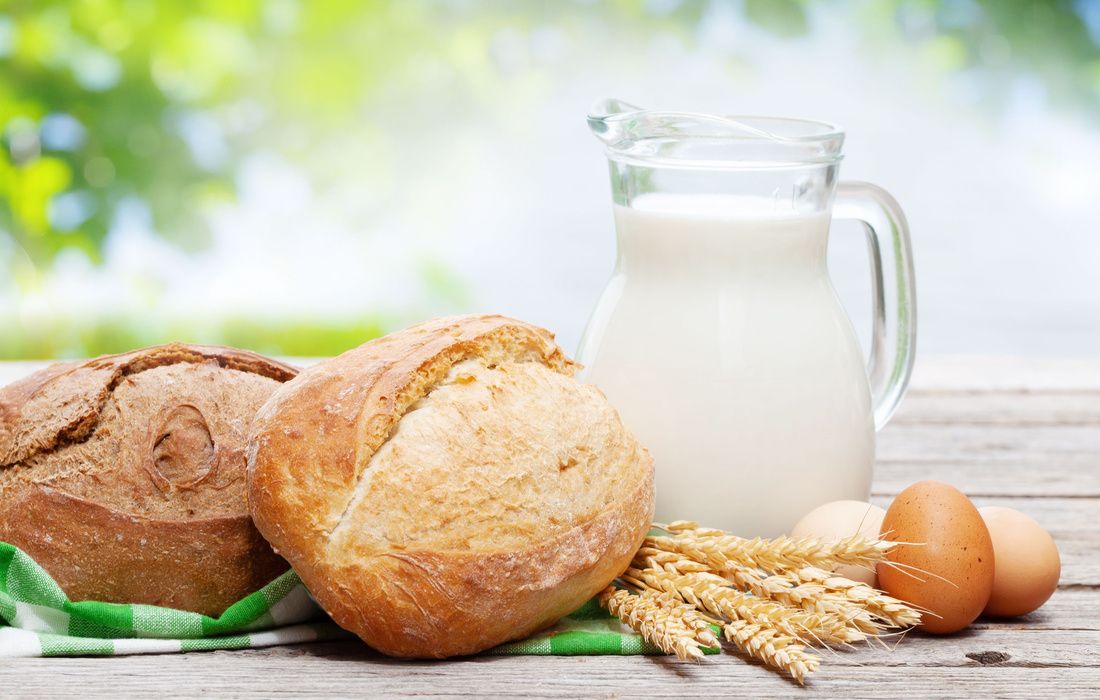
Autoimmune diseases are on the rise, affecting millions of people worldwide and leaving many struggling with unexplained symptoms, chronic pain, and fatigue. While genetics play a role, emerging research highlights the profound influence of environmental factors—especially diet—on the development and progression of autoimmunity. The foods we eat can either calm inflammation and support immune balance or trigger immune overactivity, leading the body to mistakenly attack its own tissues. This means that every meal is either contributing to healing or fueling disease.
The connection between food and autoimmunity is powerful, and for those suffering from conditions like Hashimoto’s, rheumatoid arthritis, lupus, or inflammatory bowel disease, dietary changes can be life-changing. Many people experience reduced pain, increased energy, improved digestion, and even remission of symptoms simply by identifying and removing the foods that trigger inflammation in their body.
What if the key to feeling better wasn’t found in another prescription, but in the very food on your plate? By taking control of your diet, you take control of your health—giving your body the chance to heal, restore balance, and thrive in a way you may not have thought possible. You have the power to change your story, and it starts with what you put on your fork.
What Are Food Sensitivities?
Food sensitivities are different from allergies. While food allergies involve an immediate immune response (IgE-mediated) that can lead to severe reactions, food sensitivities (IgG- or IgA-mediated) cause delayed immune responses that contribute to systemic inflammation. This chronic, low-grade inflammation can negatively impact the immune system and create an environment ripe for autoimmune disease development.
The Gut-Immune Connection
A key factor in how food sensitivities lead to autoimmunity is gut health. The gut lining acts as a barrier between the outside world and our bloodstream. When it becomes compromised—a condition known as leaky gut (intestinal permeability)—undigested food particles, toxins, and pathogens can enter the bloodstream. The immune system perceives these as threats and mounts an inflammatory response. Over time, this chronic activation can lead to the immune system mistakenly attacking its own tissues, resulting in autoimmunity.
Common Food Triggers of Autoimmunity:
Certain foods can trigger or worsen autoimmune conditions by promoting inflammation, increasing gut permeability, or overstimulating the immune system. While triggers can vary by individual and condition, common culprits include inflammatory foods, allergens, and gut-disrupting ingredients that fuel the cycle of immune dysfunction. Identifying and eliminating these foods can be a critical step toward reducing flare-ups, calming the immune system, and restoring balance to the body.
1. Gluten
- Found in wheat, barley, rye, and many processed foods.
- Gluten has been shown to increase gut permeability (leaky gut), especially in those with genetic predispositions such as celiac disease or gluten sensitivity.
- May worsen other autoimmune conditions due to gut permeability issues.
2. Dairy
- Contains casein and lactose, which can trigger inflammation in some people.
- May cross-react with gluten in those with sensitivities.
3. Grains
- Includes wheat, oats, quinoa, millet, rice, corn, barley, and rye.
- Some grains can irritate the gut lining and contribute to inflammation when the gut microbiome is out of balance.
- Certain grains, particularly corn, are common food sensitivities linked to immune reactivity.
4. Highly Processed Foods
- Includes food colorings, preservatives, MSG, and artificial sweeteners.
- May trigger immune system reactions, disrupt the gut microbiome, and increase inflammation.
5. Sugar & Excess Refined Carbohydrates
- Excess sugar and refined carbohydrates can contribute to insulin resistance.
- Causes blood sugar spikes, leading to inflammation and oxidative stress.
- Can promote gut dysbiosis (imbalance of gut bacteria), which worsens autoimmune conditions.
6. Processed Meats
- High in saturated fats and advanced glycation end products (AGEs), which promote inflammation.
- Nitrates and preservatives can also trigger immune reactions.
7. Eggs
- Sensitivities to eggs can lead to digestive discomfort, joint pain, skin flare-ups, and increased systemic inflammation.
- The egg white protein ovalbumin and other compounds can stimulate the immune system, potentially worsening symptoms in individuals with autoimmune conditions like Hashimoto’s thyroiditis, rheumatoid arthritis, and lupus.
8. Nightshade Vegetables (for some people)
- Includes tomatoes, potatoes, eggplants, and peppers.
- Contains alkaloids that may cause joint pain and inflammation in conditions like rheumatoid arthritis.
9. Soy & Soy Products
- Soy has been shown to block the activity of the thyroid peroxidase enzyme (TPO) and is linked to autoimmune thyroiditis.
- Can trigger inflammation in people with autoimmune conditions.
10. Industrial Seed Oils
- Includes canola, soybean, corn, and sunflower oils.
- High in omega-6 fatty acids, which promote inflammation when consumed in excess.
11. Alcohol
- Disrupts gut microbiome and increases gut permeability.
- Can trigger flare-ups in conditions like lupus, psoriasis, and rheumatoid arthritis.
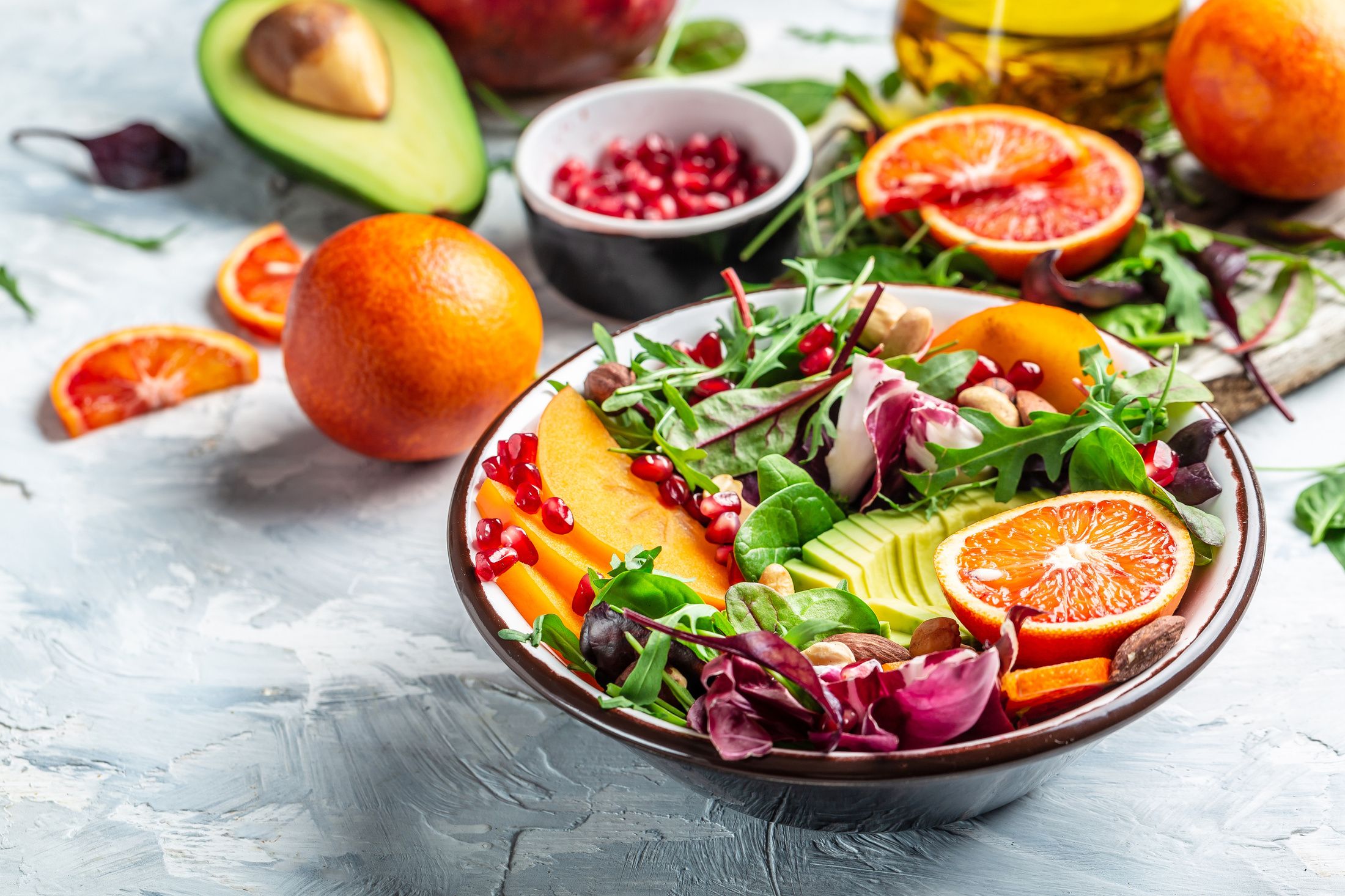
Healing Through an Elimination Diet and Nourishing Foods
Anti-inflammatory foods like leafy greens, cruciferous vegetables, wild-caught fatty fish, healthy fats (olive oil, avocado), berries, turmeric, ginger, and bone broth can help manage autoimmune symptoms. One of the best ways to determine food sensitivities is through an elimination diet. This involves removing potential trigger foods for a minimum of 4 to 6 weeks, though many with autoimmune conditions do best with a minimum of 12 weeks, and then systematically reintroducing them while monitoring symptoms. Many individuals with autoimmune diseases find relief by adopting dietary approaches like:
- Basic Elimination Diet or Full Elimination Diet
- Paleo or Autoimmune Protocol (AIP) Diet
- Anti-Inflammatory Diet
- Gluten-Free and Dairy-Free Diet
Food sensitivities may not be the sole cause of autoimmunity, but they play a significant role in triggering and worsening symptoms. By identifying and eliminating problematic foods, individuals with autoimmune conditions can reduce inflammation, support gut health, and improve overall well-being. If you suspect food sensitivities are impacting your health, working with a functional medicine practitioner or nutritionist can help you create a personalized plan to regain balance in your immune system.
Ready to Take the Next Step?
Join Nourishing Meals® and get access to over 1,800 healing recipes designed for every stage of your elimination diet journey.
Our easy-to-use tools help you:
✔️ Search recipes by diet and reintroduction phase
✔️ Create personalized meal plans
✔️ Generate instant grocery lists
Whether you're following AIP, Paleo, Gluten-Free, or Anti-Inflammatory, our platform gives you the structure and support to make healing through food simple, nourishing, and sustainable.

About the Author
Alissa Segersten, MS, CN
Alissa Segersten, MS, CN, is the founder of Nourishing Meals®, an online meal-planning membership with over 2000 nourishing recipes and tools to support dietary change and better health. As a functional nutritionist, professional recipe developer, and author of The Whole Life Nutrition Cookbook, Nourishing Meals, and co-author of The Elimination Diet, she helps people overcome health challenges through food. A mother of five, Alissa understands the importance of creating nutrient-dense meals for the whole family. Rooted in science and deep nourishment, her work makes healthy eating accessible, empowering thousands to transform their well-being through food.Nourishing Meals Newsletter
Email updates.
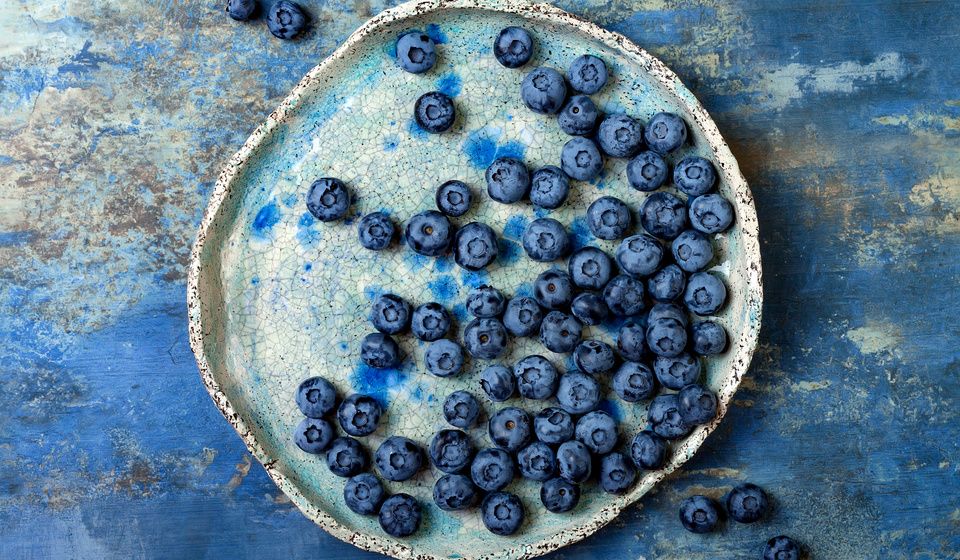
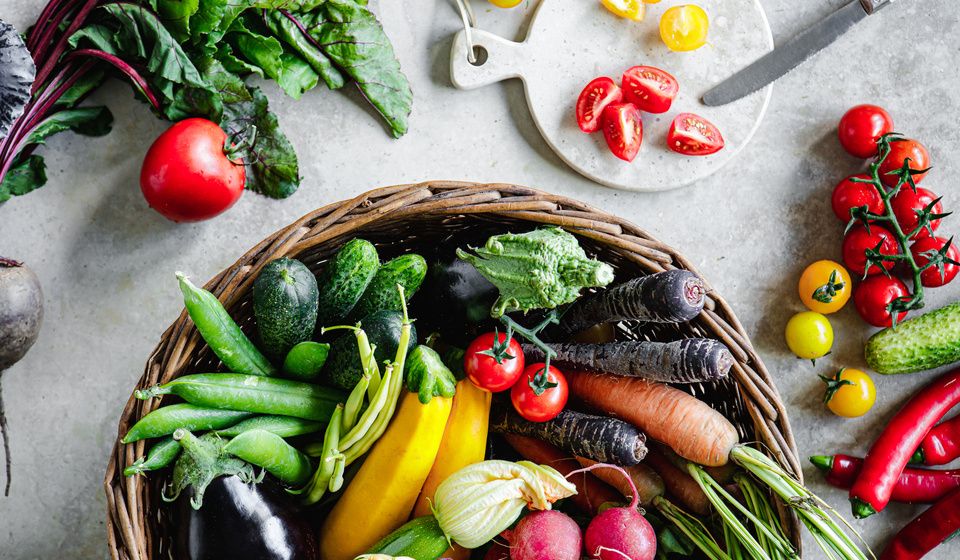
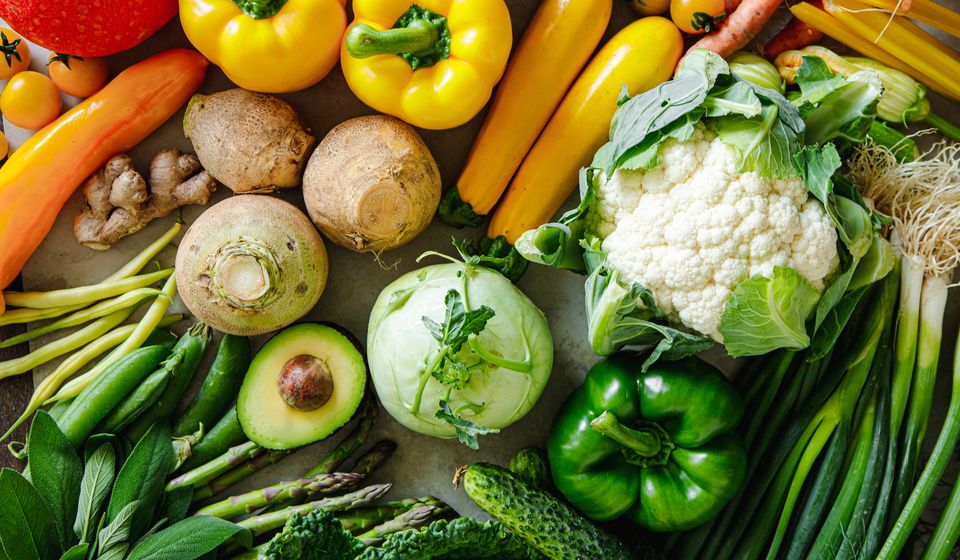
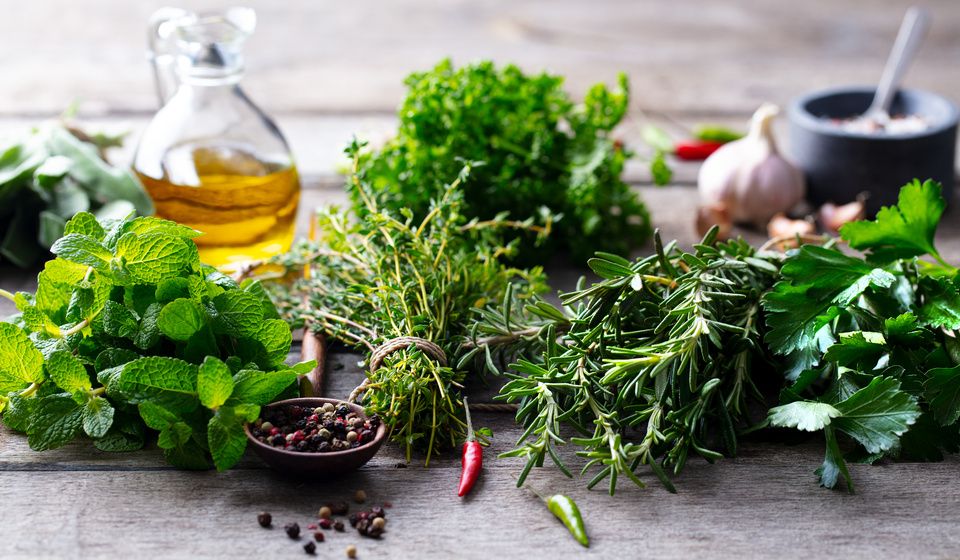


Add Comment